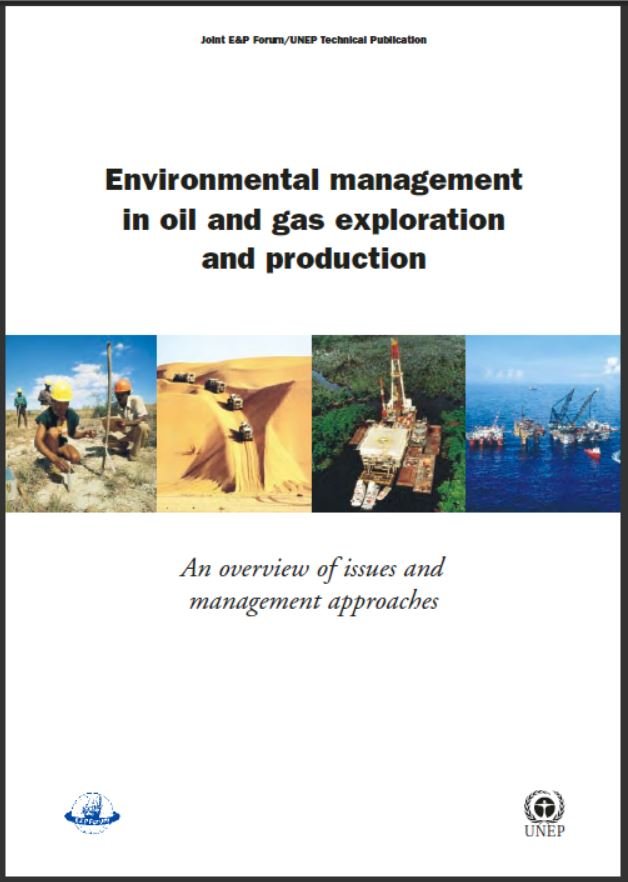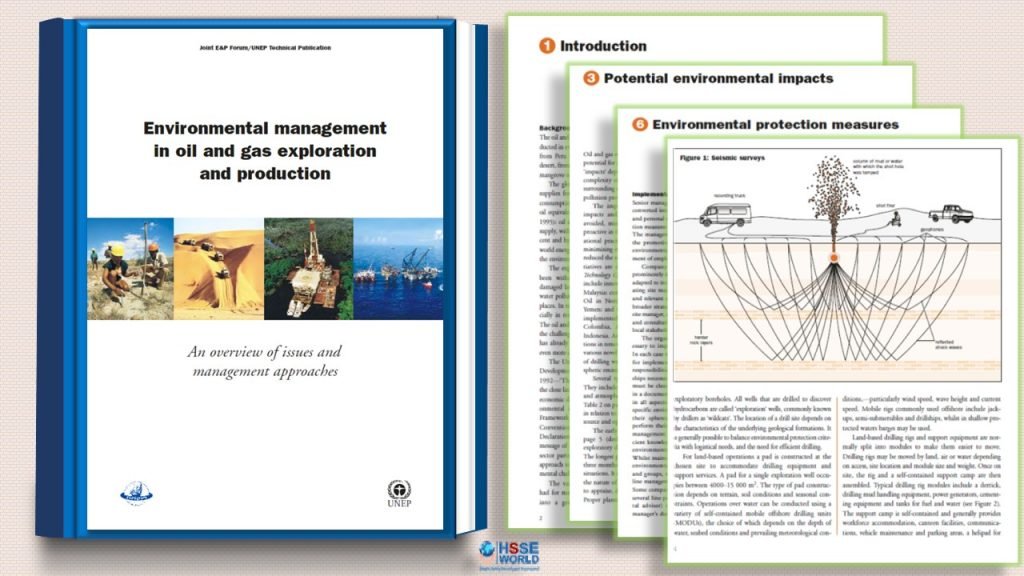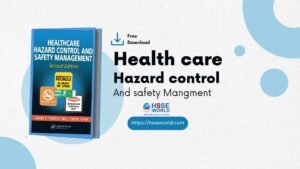E-Books: Environmental management in oil and gas exploration and production
4 min readAwareness of the importance of environmental issues has become more and more central to the thinking of the oil industry and regulators in the last decades. Integration of development and environment, approached in partnership between stakeholders, was the theme of the UNCED Conference in Rio in 1992. Principle 4 of the Rio Declaration captures this challenge:
“In order to achieve sustainable development, environmental protection shall constitute an integral part of the development process and cannot be considered in isolation from it”. These guidelines on environmental management in oil and gas exploration and production are based on the collective experience gained by UNEP and the oil industry. They should help meet the challenge of fully integrating the protection of the environment in the regulatory and business processes that control the exploration and production of oil and gas. They can serve as a basis for preparing or improving regulations, policies, and programs to minimize the impact on the environment of these activities.
The document provides an overview of the environmental issues and the technical and management approaches to achieving high environmental performance in the activities necessary for oil and gas exploration and production in the world. Management systems and practices, technologies, and procedures are described that prevent and minimize the impact. The continued sharing of best practices and the application of comprehensive management systems by oil companies and their contractors and suppliers are essential.
The role of government in setting and enforcing regulations is also key to minimizing the potential environmental impact. The trend towards performance-based regulations, rather than the traditional command and control approach, has the potential to stimulate more innovative and effective environmental management in all areas of the world. Consultation with local communities and other legitimate stakeholders is also an essential element of good environmental management.

Both UNEP and E&P Forum would appreciate feedback from industry and regulatory agencies on the use they have made of this document, and any other guidelines or assistance needed, as input to our programs to further enhance the environmental performance of the oil industry.

The purpose of this document is to provide an overview of environmental issues in the oil and gas exploration and production industry, and of the best approaches to achieving high environmental performance in all parts of the world. It should be noted that it covers only exploration and production activities and does not discuss large scale storage and transportation issues, or downstream processing. Nor does it attempt to cover social development issues in detail, although they are mentioned as important elements in the text, alongside ecological issues. This document provides an overview of key stakeholders in industry and government. It is intended for use by managers in industry and government and, in addition, by other stakeholders, particularly those involved in the consultative process (see Annex 1).
Contents
The Environmental Management in oil and gas exploration and produciton Contents
- Introduction
- Overview of the oil and gas exploration and production process
- Potential environmental impacts
- The regulatory framework, institutional factors, and infrastructure
- Environmental management in the oil and gas industry
- Environmental protection measures
- Glossary 55
- References 58
- Annexes
Download the Guideline
More Downloads
- E-Books: Healthcare Hazard Control & Safety Management
- E-Books: Safety, Health and Working Conditions Training Manual
- E-Books: Energy Efficiency in Water and Wastewater Facilities
- E-Books: Fire Service Features of Buildings and Fire Protection Systems
- E-Books: Evaluation of Fire Safety free download
- E-Books: PPE for Chemical, Biological, and Radiological Hazards free
- E-Books: Changing the Workplace Safety Culture free download
- E-Books: Site Emergency Planning Workbook
- E-Books: Load Restraint Guide
- E-Books: Essential Practices for Creating, Strengthening, and Sustaining Process Safety Culture
- E-Books: System Safety Engineering and Risk Assessment
- E-Books: Permit-Required Confined Spaces
- E-Books: Is it Safe to Enter Confined Space?
- E-Books: 5-Minute Workplace Safety Talks
- E-Books: Safety Culture and High-Risk Environments
- E-Books: Practical Guide to Industrial Safety
- E-Books: Slip, Trip, and Fall Prevention for Healthcare Workers
- E-Books: Health and Safety at Work Key Terms
- E-Books: Fundamentals of Process Safety Engineering
- E-Books: Gas Detection Hand Book
- E-Books: Occupational health and safety management systems ANSI-AIHA-z10-2012
- E-Books: Hot Work on Drums and Tanks
- E-Books: Human Fatigue Risk Management
- E-Books: Guidelines for the provision of facilities and general safety in the construction industry
- E-Books: Handbook of Training in Mine Rescue and Recovery Operations ( 2021)
- E-Books: Code of Practice for the Safe Use of Lifting Equipment – Edition 9 (Nov 2019)
- E-Books: Free Forklift Health and Safety Best Practices Guideline
- E-Books: Handbook of Hazardous Chemical Properties
- E-Books: Human Performance Improvement through Human Error Prevention
- E-Books: Principles Of Fire Risk Assessment In Buildings
- E-Books: Investigation of Occupational Accidents and Diseases
- E-Books: Radiation Protection and Safety in Industrial Radiography
- E-Books: Basic Guide to System Safety, Third Edition
- E-Books: Food Safety Management-A Practical Guide for the Food Industry
- E-Books: Safety identification: Escape and evacuation plan signs- ISO 23601
- E-Books: Safety at Work
- E-Books: The Safety-Critical Systems Handbook 4th edition
- E-Books: Fundamental principles of occupational health and safety
- E-Books: Fire Safety Risk assessment Guide – Sleeping Accommodation
- E-Books: Mental health at work series
- E-Books: Live Fire Training: Principles and Practice
- E-Books: Pre-Startup Safety Review Guide
- E-Books: Fire and Emergency Drill Manual and Building Inspection Guide
- E-Books: Health and Safety: Risk Management 5th edition
- E-Books: Fire Protection systems -Third edition 2021
- E-Books: Fire Safety Logbook templates
- E-Books: From Accidents to Zero
- E-Books: Electric Safety Practice and Standards
- Your steps to chemical safety
- E-Books: Ergonomics and Psychology Developments in Theory and Practice
- E-Books: HAZOPS Should BE fun-The Stream-Based HAZOP
- E-Books: Safety Health and Environmental Auditing
- E-Books: A Quick Guide to Health and Safety
- E-Books: Occupational Ergonomics A Practical Approach
- E-Books: Job Hazard Analysis A Guide for Voluntary Compliance and Beyond
- E-Books: Electrical Safety of Low Voltage Systems



